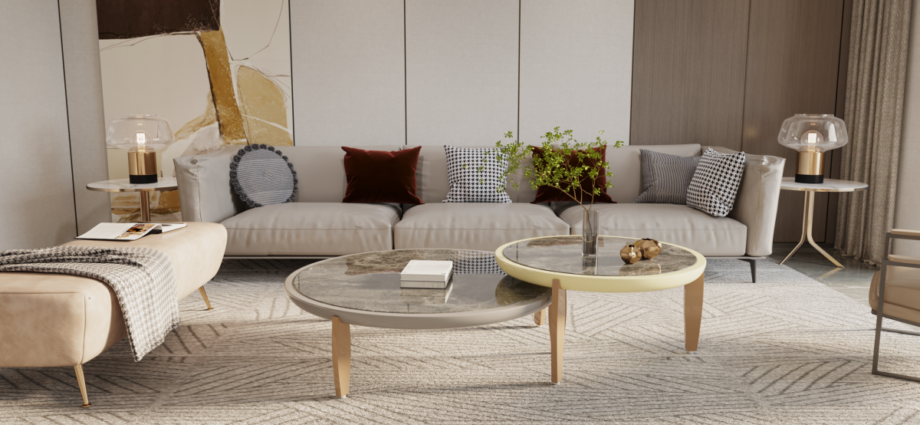In a world dominated by mass-produced furniture, handmade creations stand out as unique pieces of artistry and craftsmanship. Handmade furniture, crafted with passion and dedication, goes beyond mere functionality, telling stories of creativity, tradition, and a deep connection between the artisan and their work. In this blog, we explore the enchanting world of handmade furniture, celebrating the artistry, sustainability, and timeless appeal that these pieces bring to our living spaces.
The Artisan’s Touch
Handmade furniture in Melbourne embodies the soul and personality of its creator. Craftsmen and craftswomen infuse their pieces with a unique touch, leaving behind a signature that can’t be replicated by machines. From the selection of materials to the intricate detailing, each element is a testament to the artisan’s skill and artistic vision.
Customization and Personalization: One of the hallmarks of handmade furniture is the ability to customize pieces to suit individual preferences. Artisans work closely with clients, tailoring designs, finishes, and details to create furniture that seamlessly integrates into the client’s lifestyle and home.
Quality Craftsmanship: Handmade furniture reflects a commitment to quality that transcends the fast-paced nature of mass production. Artisans take the time to ensure every joint, curve, and finish meets the highest standards, resulting in furniture that is not only visually stunning but also built to last.
Sustainability in Handmade Furniture
As the world grapples with environmental challenges, the significance of sustainable practices in the furniture industry cannot be overstated. Handmade furniture often champions eco-friendly principles, contributing to a more sustainable approach to crafting and consuming.
Ethical Material Sourcing: Artisans who create handmade furniture are often conscientious about the materials they use. Many opt for sustainable, locally sourced wood and eco-friendly finishes, minimizing the environmental impact of their creations.
Reduced Carbon Footprint: The absence of large-scale manufacturing processes in handmade furniture leads to a lower carbon footprint. Localized production and minimal transportation contribute to a more environmentally friendly industry.
Timelessness and Heritage
Handmade furniture has the power to transcend trends and fads, becoming heirloom pieces that carry stories across generations. The connection between craftsmanship and heritage is evident in every meticulously carved detail, showcasing the time-honoured traditions that define handmade furniture like coffee tables in Melbourne.
Artistic Expression: Handmade furniture allows artisans to express their creativity freely. From traditional designs passed down through generations to modern, innovative concepts, each piece tells a story of artistic evolution and personal expression.
Embracing Imperfections: Unlike mass-produced items that prioritize uniformity, handmade furniture often embraces the beauty of imperfections. Knots in wood, variations in colour, and subtle irregularities contribute to the character and uniqueness of each piece.
Conclusion
Handmade furniture is not merely a functional addition to our living spaces; it is a celebration of artistry, sustainability, and the timeless allure of craftsmanship. Choosing handmade pieces allows us to connect with the skilled artisans behind the work, fostering an appreciation for the dedication and passion that goes into creating furniture that transcends time and trends. In a world inundated with assembly lines and standardized designs, handmade furniture stands as a testament to the enduring value of true craftsmanship.

